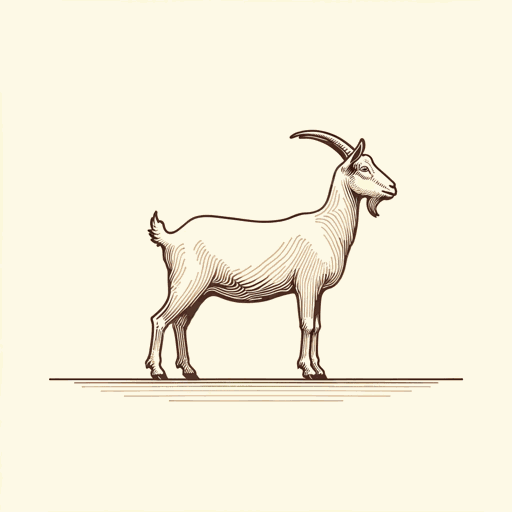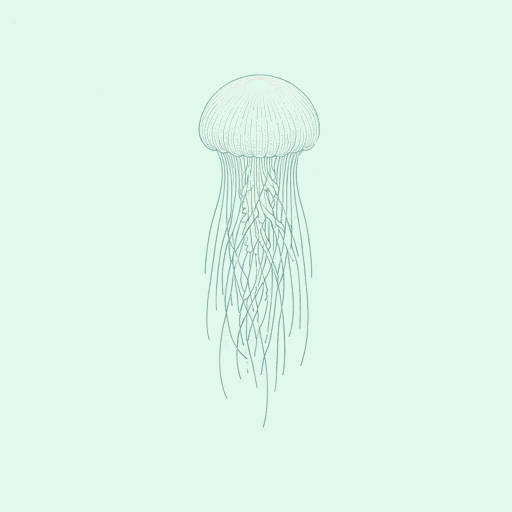59 pages • 1 hour read
Ali BenjaminThe Next Great Paulie Fink
Fiction | Novel | Middle Grade | Published in 2019A modern alternative to SparkNotes and CliffsNotes, SuperSummary offers high-quality Study Guides with detailed chapter summaries and analysis of major themes, characters, and more.
Summary and Study Guide
Overview
The Next Great Paulie Fink by Ali Benjamin is a middle grade novel that explores the intricacies of identity, community, and the pursuit of legacy. At a school in rural Vermont, a quirky group of students called the “Originals” seek to find a replacement for their classmate Paulie, who mysteriously disappeared at the start of seventh grade. As they immerse themselves in a game-show-style competition, the Originals grapple with Paulie’s legendary status while learning that stories, inherently incomplete, can both elevate and compromise identities. During various challenges, the Originals also explore how nonconformity and individuality can forge a powerful legacy.
Published in 2019, the novel was named a top children’s book of the year by Kirkus Reviews, Publishers Weekly, the New York Public Library, and the Los Angeles Public Library.
This guide refers to the Little Brown and Company, Hatchett Book Group First Trade Paperback edition published in 2020.
Content Warning: This work addresses the challenges of fitting in during adolescence and includes scenes of bullying.
Plot Summary
The Next Great Paulie Fink begins with seventh grader Caitlyn Breen’s arrival at the Mitchell School in rural Vermont. The unconventional school, established eight years ago, operates within an old estate. As Caitlyn meets her new classmates, known as the “Originals,” and attempts to navigate the rules for success in seventh grade, the disappearance of Paulie Fink, a former student and class clown, sets the stage for the novel’s plot.
The narrative is interspersed with interviews Caitlyn conducts with her classmates, including Gabby Amisi, Fiona Fawnstock, Sam Moyes, and Henry Cardinali. These interviews, which take place at an unspecified time after the main narrative, provide additional perspectives on the plot and the enigmatic Paulie. Henry shares that he learned a secret from the first day of school, foreshadowing the fateful news of the school’s looming closure.
The second section encompasses the first week without Paulie, whom the Originals recall in discussions. Though Sam reflects on Paulie’s ordinary appearance, he emphasizes Paulie’s quirky behavior. Caitlyn befriends Gabby and watches Gabby’s favorite reality show, The Search for the Next Great Megastar, finding solace in the protagonist’s quest to preserve her identity. At school, the Originals discover amusing emails from Glebus detailing Paulie’s antics. Mags, their humanities teacher, uses Plato’s allegory of the cave to teach about unlearning assumptions. The allegory prompts students to ponder Paulie’s escape, and interviews that Caitlyn conducts with the Originals reveal Paulie’s inventive stories about his life.
When school goat-feeding lessons result in chaos, Fiona’s fearless approach inspires Caitlyn to reconsider her rules for success at Mitchell. She navigates lunch with her “Mini,” or mentee, kindergartener Kiera. At home, Caitlyn struggles with a reflection assignment on the allegory of the cave, realizing the complexity of the world. She reflects on middle school’s social challenges and recalls making fun of Anna Spang, a student at her former school, with her old friends. Caitlyn adapts to Mitchell School but feels distant from her old friends.
The Originals create a scarecrow monument in Paulie’s honor using found items of his. As the first week of school ends, Caitlyn texts her old friends but receives minimal responses. Her friends are planning a sleepover that conflicts with Mitchell’s soccer game against rival school Devlinshire.
At school, Mags successfully links the students’ discussion topics to ancient Greek themes, inspiring Caitlyn to share daily stories with Kiera, whom she nicknames Fuzzy. Glebus interrupts lunch one day to announce Zucchini Day, inciting school-wide excitement. The Originals play zukeball, a zucchini-based game. As the students practice for the upcoming soccer game against Devlinshire, Mr. Farabi uses the framework of ecosystems to inspire unity.
Mags’s next lesson introduces the concept of kleos (renown, legacy), inspiring the Originals to plan a competition in search of the “Next Great Paulie Fink.” The Originals name Caitlyn the judge and organizer of the contest.
Caitlyn seeks to understand Paulie better before designing the competition. She interviews various individuals, discovering Paulie’s prowess with Minis, his experiments with banana peels, and his Shakespearean antics. Caitlyn, relishing her role in interviews, reluctantly agrees to start the competition, announcing “Talk Like Shakespeare Day.” Meanwhile, she feels increasingly disconnected from her old friends, leading her to reconsider her perspective of home.
Caitlyn eliminates multiple participants during the competition’s “Banana Challenge” while facing resistance from Henry, who questions the ethics of the challenge. The conflict leads to a confrontation with Henry, who reveals the town council’s decision to close, the secret he alluded to in Chapter 1.
Diego and Fiona overhear Glebus discussing the potential closure, leading to a devastating realization for the students. Mags encourages the Originals to embrace the present. Shortly before the Devlinshire game, a “ghost” (the real Paulie) arrives, leaving the Originals in a state of disbelief.
The Originals grapple with the disparity between the legend of Paulie and the reality of their former classmate. The soccer game against Devlinshire becomes a chaotic spectacle. The final challenge, which Caitlyn declares during the game, showcases the Originals’ unity and unconventional tactics, with Diego and Fiona emerging as contenders. However, Caitlyn bestows the title of “the next Paulie Fink” upon a goat.
Caitlyn orchestrates a cathartic moment during the ceremony, drawing on the ancient Greek concept of pharmakos to symbolically cleanse the community of bad luck. The climax of the competition reveals the deeper purpose behind Caitlyn’s unconventional approach, which was not to find a new Paulie but to unite the Originals and offer closure. The concluding chapters delve into Paulie’s background, dispelling misconceptions and revealing his familial connection to Mitchell’s history. Paulie’s reflections on the aftermath of the competition hint that the school closure crisis might be resolved.
Caitlyn reflects on the impermanence of their community at the Mitchell School. Despite this impermanence, the Originals find solace in their shared history and the impact of their collective journey. The novel’s end emphasizes that their time together, although fleeting, has left an indelible mark on each participant.


